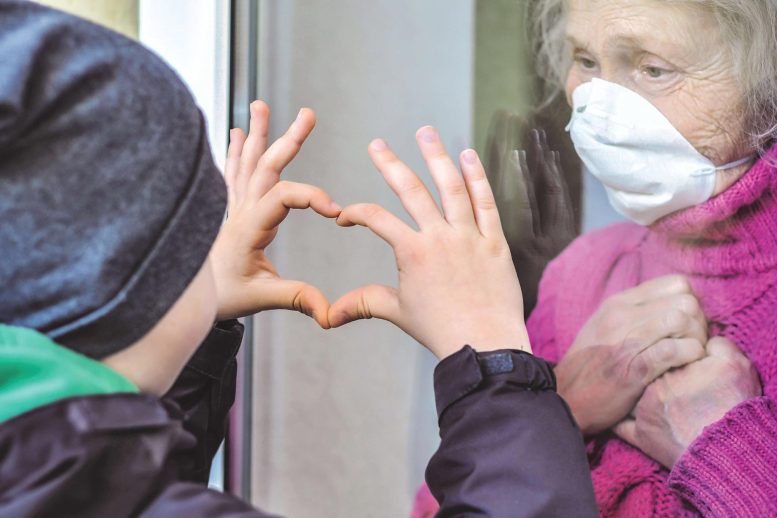
A study discovered that patients advised to shield (extended self-isolation) in NHS Greater Glasgow and Clyde (NHSGGC) had higher infection and death rates between March and May 2020 compared to those not advised to shield.
Shielding those at highest risk from COVID-19 during the first wave of the pandemic may not have been as effective at protecting them from infection and death as hoped, according to a new study.
The research – led by the University of Glasgow and published in Scientific Reports – found that, between March and May 2020, patients advised to shield in NHS Greater Glasgow and Clyde (NHSGGC) experienced higher rates of infection and death than those not advised to shield.
Many western countries, including Scotland, used shielding (extended self-isolation) of people presumed to be at high risk from COVID-19 to protect them and reduce healthcare demand.
The study looked at data from over 1.3 million patients registered with GP practices in NHSGGC. Of this group, 27,747 individuals had been advised to shield (self-isolate for extended periods of time), and a further 353,085 individuals had not been advised to shield but were categorized by the researchers as at medium risk of COVID-19 due to health conditions such as diabetes.
The authors found that, compared to low-risk individuals (the remaining 934,239 people in the study), people who had been advised to shield were eight times more likely to have confirmed infections.
Those advised to shield were also five times more likely to die following confirmed infection, whilst moderate-risk individuals were four times more likely to have confirmed infections than the low-risk group, and five times more likely to die following confirmed infection.
In the shielded group, there were 299 (1.1%) confirmed infections and 140 (0.51%) deaths from COVID-19. In the moderate-risk group, there were 1,859 (0.53 %) confirmed infections and 803 (0.23%) deaths; and in the low-risk group, there were 1,190 (0.13% confirmed infections) and 84 (0.01%) deaths from COVID-19.
The study also showed that the age of 70 and over accounted for 49.55% of deaths.
Professor Jill Pell, Director of the University of Glasgow’s Institute of Health and Wellbeing, said: “Our study highlights that to effectively protect high-risk individuals, shielding should be used alongside other population-wide measures such as physical distancing, face coverings, and hand hygiene.
“Our study also showed that shielding may be of limited value in reducing the burden on health services because, in spite of the shielding strategy, high-risk individuals were at increased risk of death. We believe that, to be effective as a population strategy, shielding criteria would have needed to be widely expanded to include other criteria, such as the elderly.”
The study linked GP, prescribing, laboratory, hospital, and death records and compared COVID-19 outcomes among shielded and non-shielded individuals in the West of Scotland.
Reference: “Comparison of COVID-19 outcomes among shielded and non-shielded populations” by Bhautesh D. Jani, Frederick K. Ho, David J. Lowe, Jamie P. Traynor, Sean P. MacBride-Stewart, Patrick B. Mark, Frances S. Mair and Jill P. Pell, 27 July 2021, Scientific Reports.
DOI: 10.1038/s41598-021-94630-6


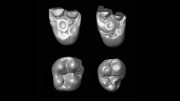
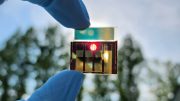
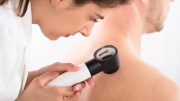



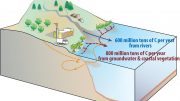
Re. COVID-19 Shielding Less Effective Than Hoped – This article is confusing and raises more questions than it answers, leading the reader to doubt its conclusions. The death rate will always be higher in high-risk people who actually ARE infected with COVID — than in medium- or low-risk people — whether they have been ‘Shielded’ or not. The term ‘Shielding’ is not clearly defined and is unknown to international readers whose countries do not use it. At best this article’s reasons for its conclusions are ambiguous, if not contradictory. What has actually been accomplished or proven by this study is not conveyed.